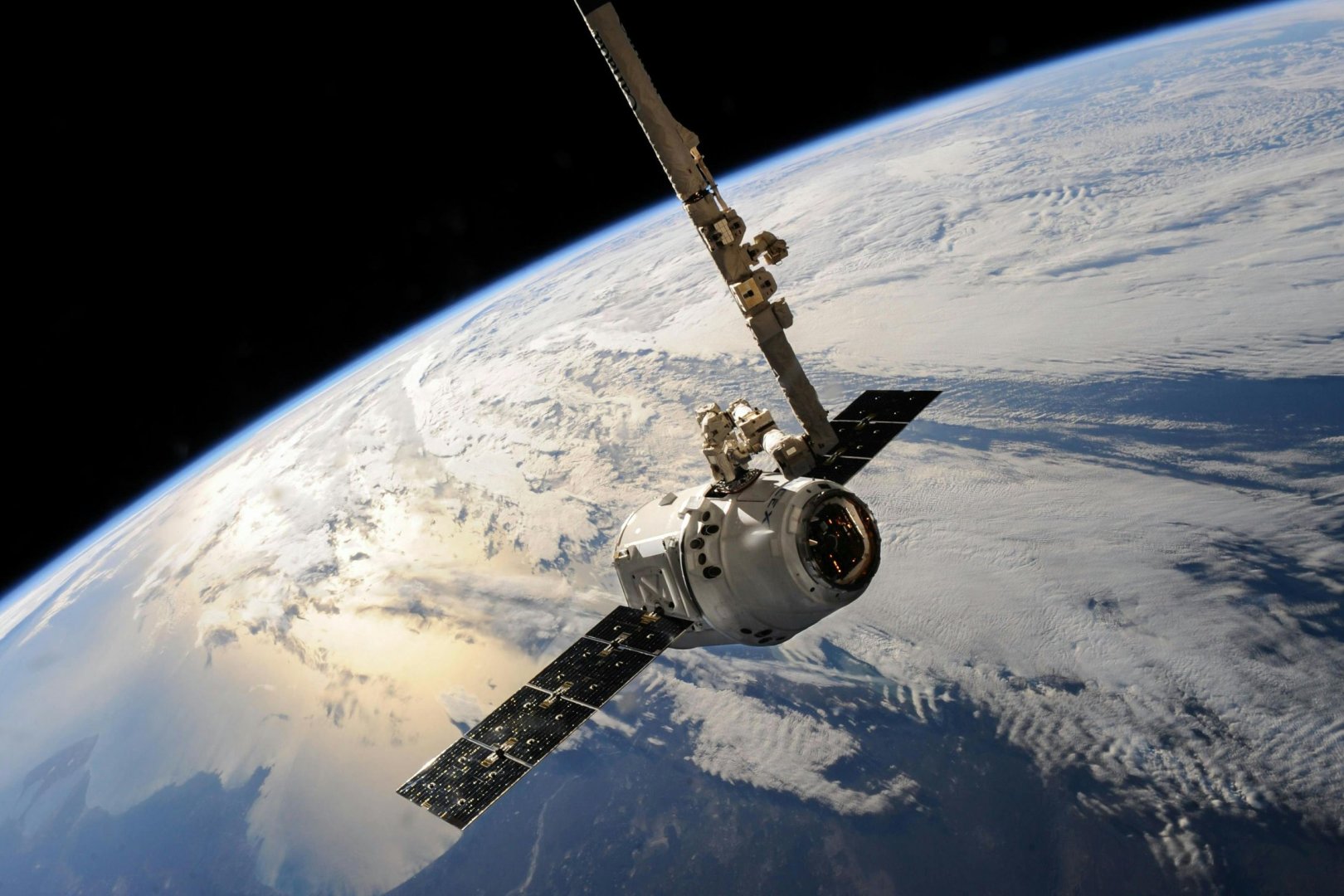BAKU, Azerbaijan, September 15. Lithuania has allocated an additional 5.5 million euros to participate in European Space Agency (ESA) programs, strengthening the country’s integration into international markets, fostering the development of high technologies and science, and advancing innovation in space technologies, Trend reports.
Lithuania's total investment in ESA programs will reach 14.5 million euros from 2026 through 2028, which is 62 percent more than the period from 2022 through 2025.
“Lithuania is taking bold steps onto the global space technology stage. The products created in this sector have significant potential to strengthen the defense and security industries. This year, we have implemented several space technology projects that have already brought recognition to our country. We have ambitious goals for the sector to reach 1 percent of Lithuania’s GDP by 2027. Our cooperation with ESA brings tangible added value to business, science, and the national economy, and we believe the benefits of this additional 5.5 million euros investment will be felt in the coming years,” said Deputy Minister of Economy and Innovation Marius Stasiukaitis.
Lithuanian scientists and innovators achieved several historic milestones in space technologies this year. Vilnius Gediminas Technical University (VILNIUS TECH) and the Research Council of Lithuania introduced the country’s first industrial doctorate — an innovative satellite engine. In addition, a laser developed by Integrated Optics was launched into orbit for the first time, where it will conduct quantum computing experiments in space.
Other achievements include Delta Biosciences testing anti-radiation molecules designed to protect astronauts on the International Space Station, and NanoAvionics signing a 122.5 million euros contract to produce 280 satellites. Astrolight has begun developing an “optical data highway,” while BlackSwan Space is working on a vision-based navigation system that enables satellites to operate autonomously without constant human control.
These success stories have strengthened Lithuania’s expertise in space technology, science, and photonics, while boosting the country’s visibility in Europe and globally.
To further accelerate sector growth, the Ministry of Economy and Innovation has prepared a National Space Sector Development Concept. The goal is to make Lithuania a competitive provider of space-related services and to develop solutions and technologies driven by advanced scientific research.
The Space Hub LT initiative, operating under the Innovation Agency, is also contributing to the growth of Lithuania’s space companies by supporting the development of the ecosystem and implementing space policy.
The additional funding comes ahead of the ESA Council of Ministers meeting in Bremen, Germany, on November 26–27, 2025 — the agency’s highest-level decision-making forum, held once every three years. At the meeting, new ESA programs will be approved and budgets allocated for the next three-year period.
Lithuania has been an associate member of ESA since 2021.







